When you have questions or problems with the ERP system in your organization, you want to be helped quickly and adequately. After all, you don't want to be hindered or delayed in your daily work. Fortunately, there is always someone who can help you.
You yourself can solve more than you think
Sometimes the solution is closer than you think. Check carefully what steps you have taken, what data you are using and whether it is in accordance with procedures. Also look carefully at any error messages you receive. You may have forgotten to enter a field, entered the wrong value or skipped a step. There is also documentation available for most ERP systems that you can consult, either within your own organization or with the ERP partner.
Ask the specialists in your own organization for help
Every organization has one or more users with specialized knowledge of the ERP system. For example, the IT staff, the project leader during implementation, the core users (key users) per department or the smart ones who have quickly worked their way up to connoisseurs. They are your first point of contact when problems arise. The lines of communication with these colleagues are often short and that is of course very pleasant. Your colleagues also know better than anyone else what your activities are and they quickly understand your problem or question.
Report to the support desk
If you can't work it out in your own organization, you can of course always contact your ERP partner. The support desk is the first external point of contact. Here you can often report your issue in several ways (phone, e-mail, web portal). The support consultant may be able to answer your question directly, refer you to the appropriate documentation or forward the issue to a colleague. Formulate your question/problem as clearly and completely as possible. How did you arrive at this situation? Are all users affected? Which settings were used? Can you clarify it with screenshots? When your problem is reproducible, you make it easier for the support consultant to arrive at the right solution.
And if not, the consultant knows the advice
The software consultant combines knowledge of the software with knowledge of processes and knowledge of your industry or organization. He or she knows how the processes should run in the system and where things go wrong. Chances are that the consultant knows what the most appropriate solution is. You may be able to get back on track with the right explanation. Or you may have to work in a different way, use different settings, or changes in the software may be necessary. A drastic solution, such as custom functionality or following a different process may have advantages and disadvantages and will therefore be discussed with you first.
Wilbert Schreurs is a Support Consultant at Dysel and helps customers successfully use Dysel's software solutions.
